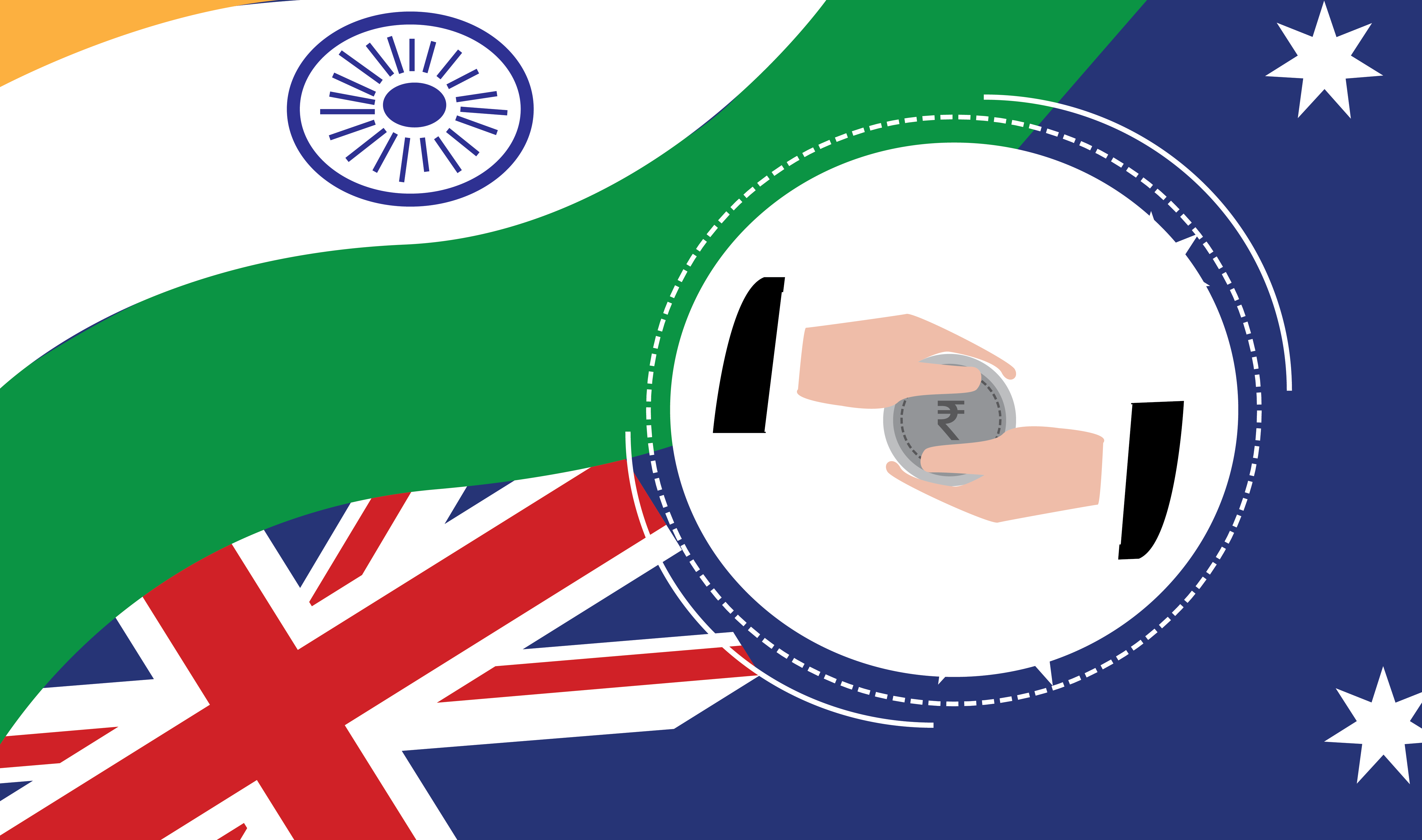6G, the new frontier
India’s status as a key geoeconomic power calls for indigenous R&D of critical information-communication-technology infrastructure at least a generation ahead of time. India must activate the exploratory R&D phase on sixth-generation (6G) network technologies immediately to safeguard its strategic autonomy in the emerging era of informationalised warfare










